When our school’s football season ended, Academic Magnet’s Dirty Birds opened up for new recruits. On November 16th and 23rd, the group held two open practices anyone interested in joining could attend. To gain more insight on the group as a whole and its history, I interviewed Mr. Grimshaw during a Dirty Birds meeting.
Coltrane Margosian: How did Dirty Birds start?
Mr. Grimshaw: It started in a Focus [Study Hall] class many years ago where I had senior Focus and students were kind of all the time talking about football teams because we really couldn’t win a game or even score a touchdown, so it was pretty rough for our team. I got tired of hearing everybody who was complaining about the football team so I challenged some of the kids in there, like “I don’t see you out there with jerseys on practicing every week.” I basically said: “Hey, I can get some hand drums and borrow from some friends of mine. We should go out to make noise tomorrow for our football team.” So, we started playing some drums. They wanted to make it just a senior thing, but we had some juniors that wanted to come. We quickly started developing a logo and a name and we’ve used the same logo and the same name and everything since that first little idea.
Coltrane Margosian: With the open practices, has anyone new joined this year?
Mr. Grimshaw: Yes, we have had one new member join before the open practices. We had a bunch of people come to the open practices and this is our first practice since then so I’m not sure how many people will actually make the commitment from the open practices.
Coltrane Margosian: Do you have any entertaining stories from years’ past?
Abby Youmans (interjecting): Noah’s gangster stroll.
[murmurs of agreement between Dirty Birds]
Mr. Grimshaw: So the gangster stroll is in the middle of this song called “Pep Rally Song.” The beat goes from fast to slow, and when it goes slow, the soloist walks up to their drum and everybody cheers them on, and that’s called the gangster stroll. That started with a girl named Deidra Ward, now Dr. Deidra Ward, who is actually speaking at the NHS induction ceremony. But we have had this ever since then. That is something that we have carried on.
Coltrane Margosian: Is there anything that you would say inspires your songs?
Mr. Grimshaw: Everything inspires our songs. [Gesturing to the Dirty Birds] These guys definitely inspire a lot of songs because it’s a really creative environment in here. Sometimes we refine our songs, but sometimes it’s a brainstorming section. We take rhythms from other popular songs that are already out there. We’ll just extract a piece of it or a part or it. Sometimes we’ll take it as a springboard and then manipulate it into our own.
Coltrane Margosian: That’s a lot more similar to DJing than what I would have expected.
Mr. Grimshaw: Yeah! It’s a lot like DJing: we mix and match and mash up ideas. With the Dirty Birds, one of the original ideas was using traditional, mainly West African drums, mainly djembes and dunduns—we have drums from other parts of the world too: Latin America is home to bongos and all kinds of cymbals. We also use Western typical American high school band marching drums, so we have a marching bass that is very Americanized mixed with the dunduns, which is West African, and the blending of those rhythms has been something Dirty Birds has always tried to do. It doesn’t stop there. We’ve used Santana songs in the past: they have a really rich and percussive sound. We’ve used the backbeat of a Tenacious D song—we have some Jack Black fans in here, including myself. We obviously play with the cheerleaders and we make up our own beats for those. A lot of the themes I’ve written just myself, and brought to the kids. Sometimes we collaborate and I’ll bring in an idea for a beat and I’ll allow students to bring their ideas in and we do it together as a group. Ultimately, it gets to a point where it has to be solidified and we have a form. Sometimes, students have actually brought in complete rhythms with all the parts themselves and then they teach those to the group and that becomes a song. Sometimes Dirty Bird rhythms go on even after the students have graduated.
Coltrane Margosian: Is there anything else you would like to tell The Talon?
Mr. Grimshaw: I’ve been at Magnet for a long time, through two different campuses, multiple administrations, changes and all kinds of things, and Dirty Birds is something that has threaded through my entire career. So at this point, Dirty Birds is about two decades old, meaning that I have students that are now 20 years older than when I had them as a 15-18 year old and so you can do the math on that but there’s a lot of legacy there. I hear from current students all the time different stories like they are in a coffee shop and they see somebody else that’s much older than them that’s wearing an old Dirty Birds T-Shirt and they’re like, “Hey, you went to Magnet? You know Grimshaw?” That kind of connection is really important to me. I know that a lot of kids from here go to Clemson. I know in years’ past there have been drumming groups that have happened at Clemson and different colleges through some of the Dirty Birds taking those things on and moving them into their own things in school and I think that unifying in my factor in my career of having this one extracurricular thing where I’ve built close relationships with students outside of the classroom, it’s very humbling to look back on. When I do look back on my career when I’m old and gray, it will be one thing that will speak to everything that I do at Magnet through music, which is making connections.
I greatly appreciate Mr. Grimshaw’s time. He later informed me that three new members have joined this year: juniors Samuel Persinger and Camile Ross, as well as sophomore Marly Abdelmalek.
Be sure to applaud the Dirty Birds at the next pep rally for their excellent work!



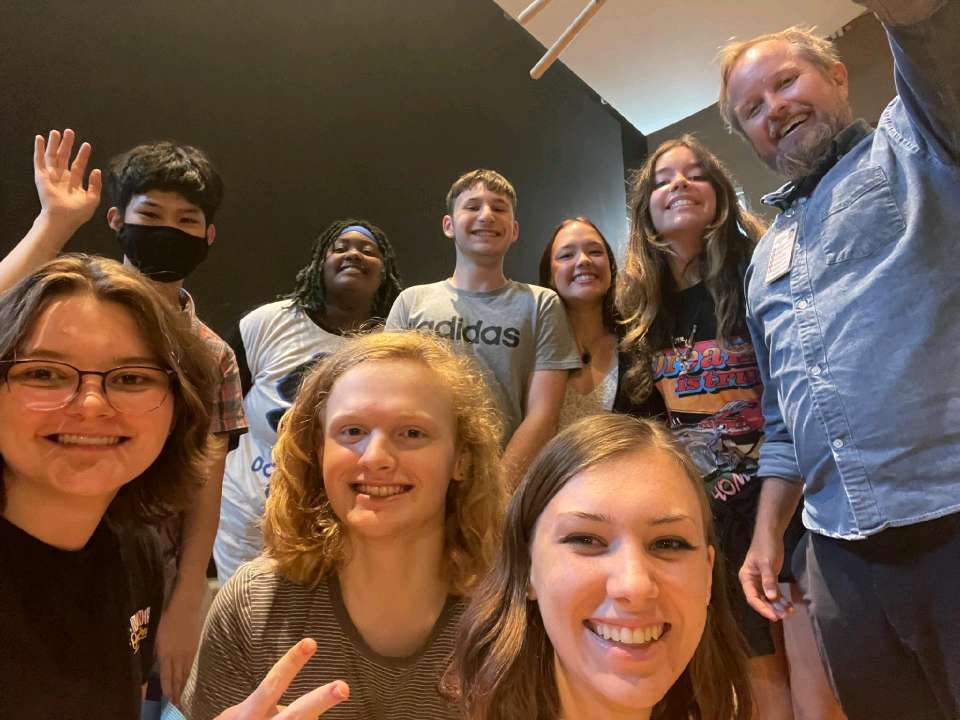

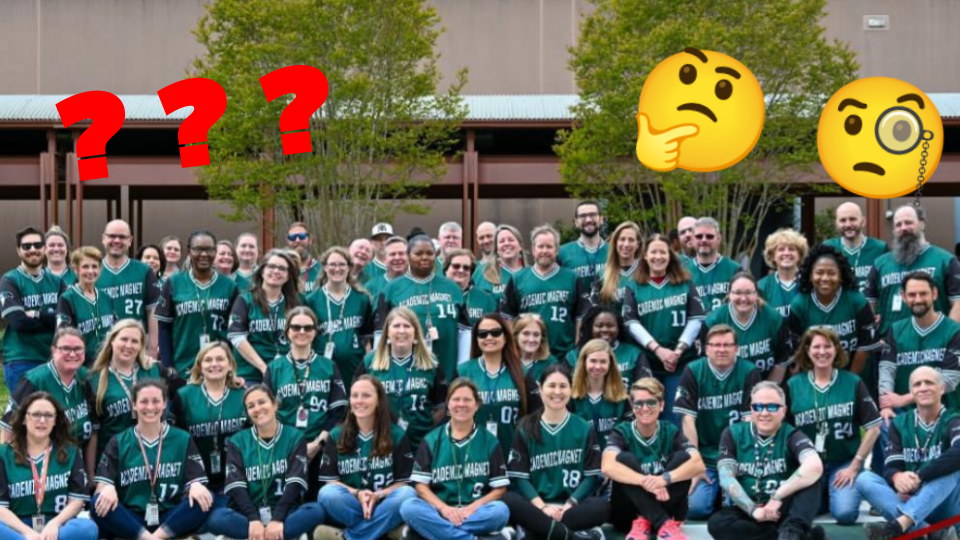
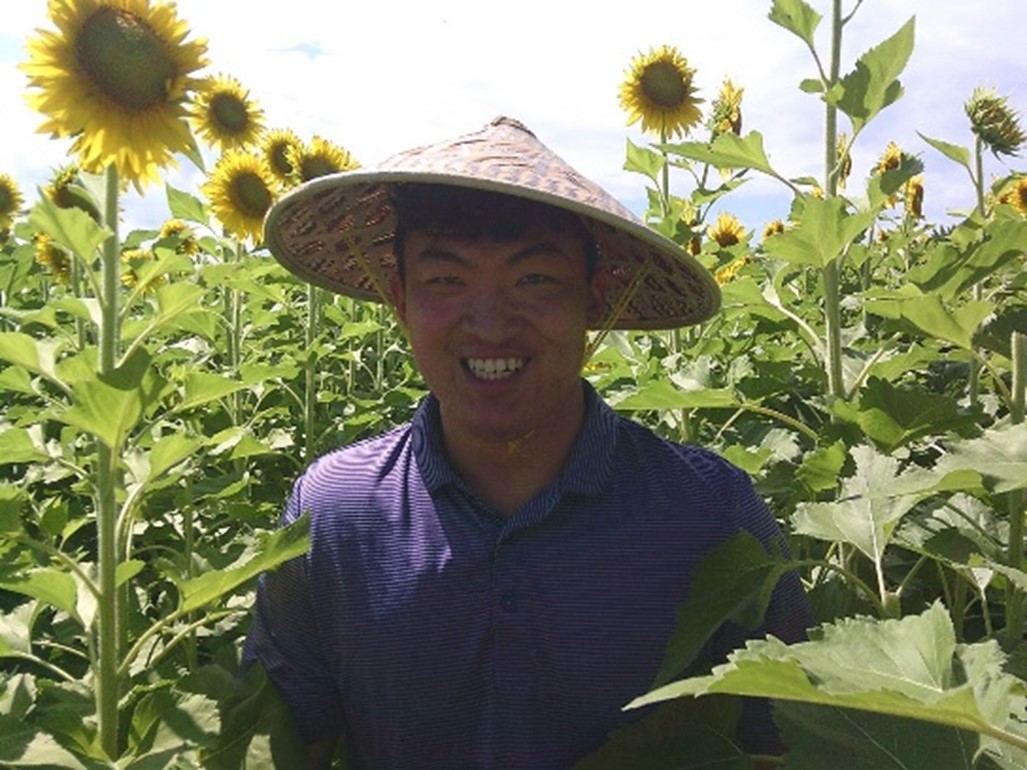
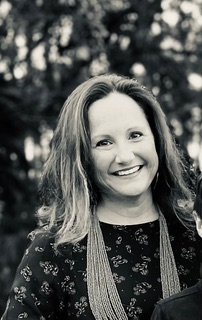
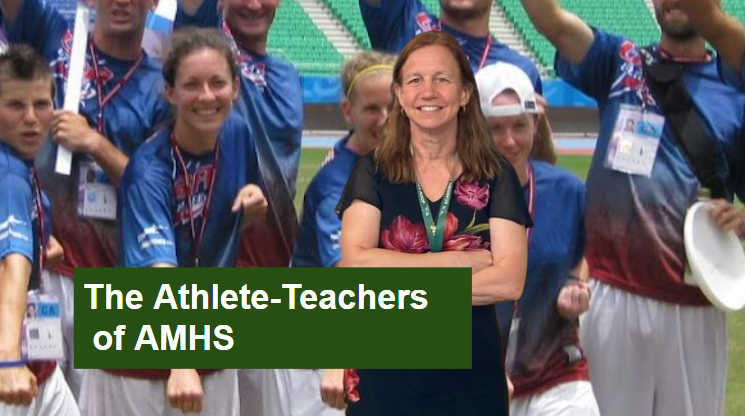
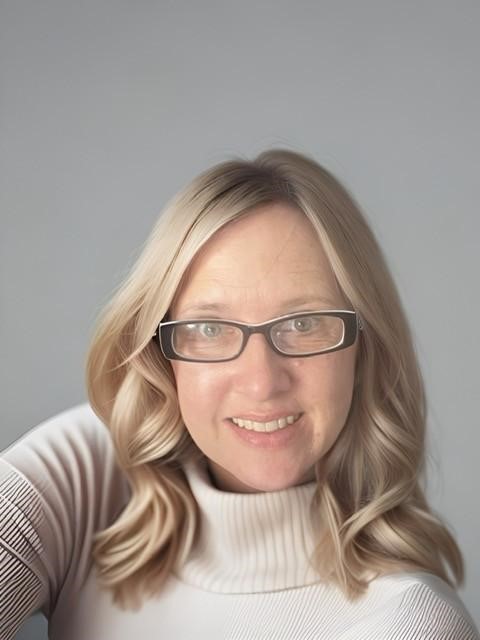
Luke Zheltov • Jan 25, 2024 at 7:40 am